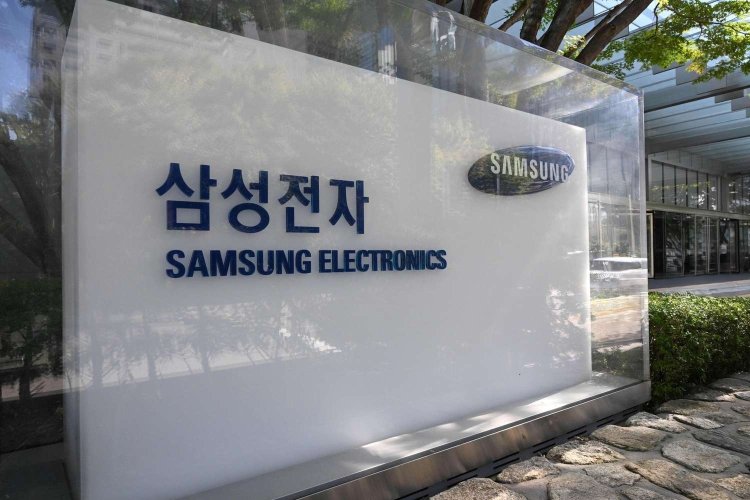Samsung Sees Profit Surge on AI Chip Demand

Samsung Electronics forecasted strong artificial intelligence-driven demand for chips in the second half of this year, as it reported a more than 15-fold rise in its second-quarter operating profit.
Rebounding semiconductor prices stoked by the AI boom lifted June quarter earnings for the world's biggest maker of memory chips, smartphones and TVs from a low base a year ago.
Samsung's share price rose 0.7% in morning trade versus a 0.3% rise in the benchmark index.
Operating profit rose to $7.52 billion in April-June, up from 670 billion won a year earlier, Samsung said.
It was Samsung's highest operating profit since the third quarter of 2022, spurred by the chip division returning to form as the tech giant's cash cow after a slump caused by weak post-pandemic demand for gadgets that use the chips.
Second-quarter revenue rose 23% to 74 trillion won.
The chip division reported a 6.45 trillion won profit, its highest since the second quarter of 2022, and its second consecutive quarterly profit.
Explosive demand for high-end DRAM chips such as high bandwidth memory (HBM) chips used in AI chipsets, as well as chips used in data center servers and gadgets that run AI services have helped to lift chip prices.
South Korean rival SK Hynix also said last week demand for AI chips will continue to get stronger, as it posted its highest quarterly profit since 2018.
Samsung has yet to meet AI chip leader Nvidia’s standards for fifth-generation HBM chips called HBM3E, though Samsung’s fourth-generation HBM - dubbed HBM3 - has been cleared by Nvidia for use in its less-sophisticated graphics processor called the H20, developed for the Chinese market, sources have said.
The company launched its latest flagship foldable phones and mobile accessories earlier this month to compete with rival Apple in the premium smartphone segment, including a new ring for health monitoring.















